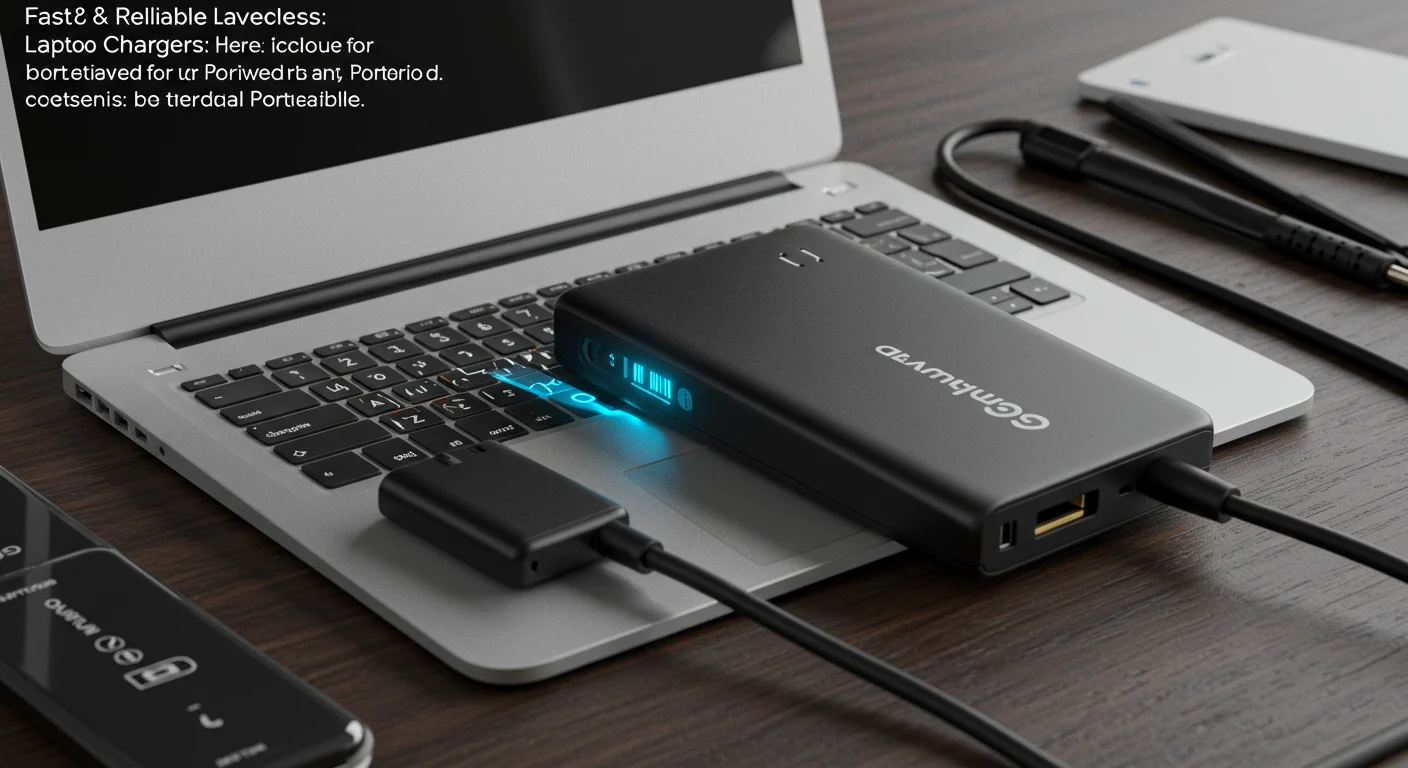
One Charger to Rule Them All? How to Choose the Right USB-C Charger for Your Laptop
The era of USB-C is upon us, promising a single cable for all our devices. But as you've likely discovered, not all chargers are created equal, especially when it comes to powering a demanding device like a laptop. Choosing the wrong USB-C laptop charger can lead to frustratingly slow charging, error messages, or even potential damage to your valuable hardware. This guide will walk you through the essential factors to consider, ensuring you purchase a charger that is both safe and effective for your specific needs.
Demystifying Wattage: Power is Paramount
The single most important factor in choosing a USB-C laptop charger is its power output, measured in watts (W). A laptop requires significantly more power than a smartphone. To find the right wattage, check the original charger that came with your laptop—the output rating (e.g., 45W, 65W, 96W) will be printed on it. If you don't have the original, you can find this information on the manufacturer's website or sometimes on the bottom of the laptop itself. It is safe to use a charger with a higher wattage than your laptop requires, as your device will only draw the power it needs. However, using a charger with a lower wattage will result in slow charging or no charging at all.
Understanding the Standards: Not All USB-C is Created Equal
Beyond wattage, you must ensure the charger supports the 'USB Power Delivery' (PD) protocol. This is the universal fast-charging standard that allows for higher power outputs to be safely negotiated between the charger and the device. A standard USB-C charger without PD will not be able to power your laptop. Look for 'USB-PD' or 'Power Delivery' explicitly mentioned in the product specifications. This ensures the charger can communicate with your laptop to deliver the optimal voltage and current, providing a safe and efficient charge.
Safety First: Certifications and Build Quality
Power accessories are not the place to cut corners. A cheap, uncertified charger can be a serious safety hazard, risking damage to your laptop's battery and motherboard. Always opt for a USB-C laptop charger from a reputable brand that carries safety certifications like UL (Underwriters Laboratories), ETL, or CE. These marks indicate that the product has undergone rigorous testing for safety against overheating, over-voltage, and short-circuiting. Investing in a quality charger from a trusted brand protects your expensive equipment and gives you peace of mind.
Making the Final Choice
Now that you're equipped with the knowledge of wattage, power delivery standards, and safety certifications, you can confidently select the right USB-C laptop charger. Remember to match or exceed your laptop's power requirements and always prioritize safety by choosing a certified product from a reliable brand. The next step is to explore the top models on the market. Our team has rigorously tested and reviewed the best options to ensure you get a reliable, safe, and efficient charger for your needs. See our comprehensive reviews to find your perfect match.






